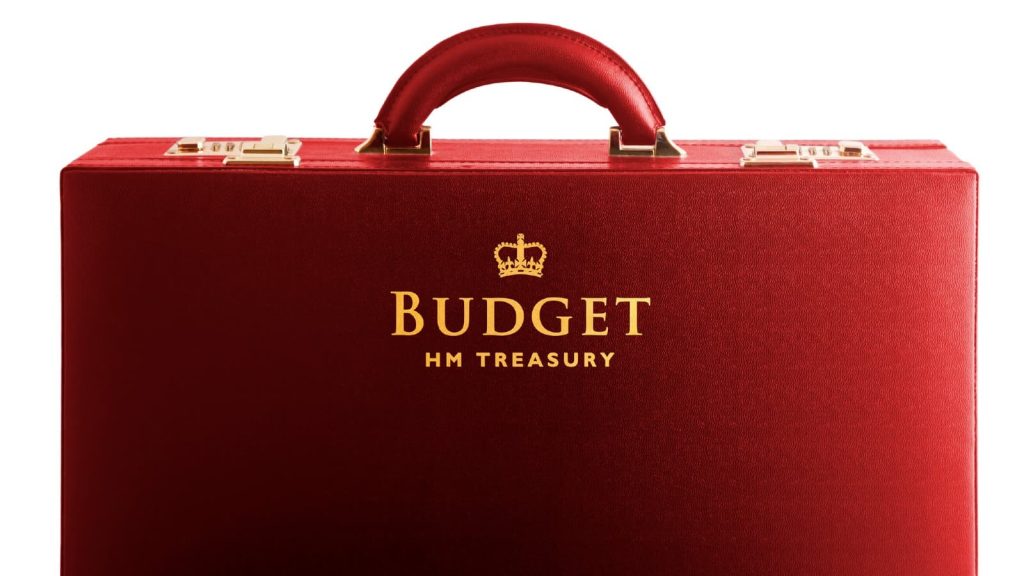Was the Autumn Budget a Rachel Reeves ‘disasterclass’ for UK shares?


The Autumn Budget has finally been released. This was perhaps the most hotly anticipated change to government accounts in decades. The impact on the UK shares threatened to be immense. And whether it’s breaking manifesto pledges, where billions in taxes is coming from, the impact on British businesses, or how much of a squeeze there will be to the average person on the street, there were plenty of questions being asked. And now, we have the answers.
So what happened? Did Rachel Reeves pull off a masterclass in Chancellor of the Exchequer-ing? Or is the Budget more suitably described by that related neologism â a ‘disasterclass’?
The Budget
The rumours going in were of a ‘smorgasbord’ of tax rises and that’s pretty much what we got. There are no huge headlines here, more a collection of little details that all add up to £26bn extra to the coffers.
Domestic-based firms like retailers might have been worried about a rise to income tax and the subsequent impact on disposable income. In the end, there wasn’t one. However, there is still a ‘stealth tax’ rise here in the extension of the tax brackets from 2028 to 2030.
One boost to UK shares might come in the changes to the Cash ISA. The previous £20k allowance has been changed to £12k in savings and the other £8k can only be allocated to investing in a Stocks and Shares ISA. Time will tell if that leads to a surge of retail investment in the London Stock Exchange.
A few other sector-specific taxes were brought in too. Gambling firms like Entain or Flutter may have some concern about the £1.1bn to be raised on online gaming. Tobacco firms will deal with higher-than-inflation duty on their products although this was expected. Electric vehicles are set to be taxed more, although there aren’t too many British-based car manufacturers these days.
Impacts
One company that will be breathing a sigh of relief is Tesco (LSE: TSCO). Last year’s Budget was a tough for one for Britain’s biggest supermarket, to the point where CEO Ken Murphy warned “enough is enough” in the run-up to the current Budget. The lack of any direct taxes might mean those words were heeded. The reported increase in net migration forecasted by the OBR means more customers too.
I think Tesco could be a stock worth considering now. It responded well to the last Budget. The 2024 introduction of national insurance costs could have dented the big shop’s performance. But the share price is up about 26% since then. A dividend yield around the FTSE 100 average has meant returns have been pretty good in the last 12 months.
The sector is cutthroat, and a declining market share could be a future risk, especially given Tesco’s dominance, being the current number one. That said, the firm’s 28% market share has been rising in the last year, another testament to the strength of the company.
The post Was the Autumn Budget a Rachel Reeves ‘disasterclass’ for UK shares? appeared first on The Motley Fool UK.
Should you invest £1,000 in Tesco PLC right now?
When investing expert Mark Rogers has a stock tip, it can pay to listen. After all, the flagship Motley Fool Share Advisor newsletter he has run for nearly a decade has provided thousands of paying members with top stock recommendations from the UK and US markets.
And right now, Mark thinks there are 6 standout stocks that investors should consider buying. Want to see if Tesco PLC made the list?
More reading
- £20,000 invested in Tesco shares 1 year ago is now worth £25,600! What’s next?
- 4 reasons why the Diageo share price could surge 31% to £22.25
- Is todayâs FTSE 100 volatility an unmissable opportunity to buy cheap shares?
- Check out the Tesco share price and dividend forecast for 2026!
- My Tesco shares are near an all-time high — here’s why I’m still buying more
John Fieldsend has positions in Tesco Plc. The Motley Fool UK has recommended Tesco Plc. Views expressed on the companies mentioned in this article are those of the writer and therefore may differ from the official recommendations we make in our subscription services such as Share Advisor, Hidden Winners and Pro. Here at The Motley Fool we believe that considering a diverse range of insights makes us better investors.







